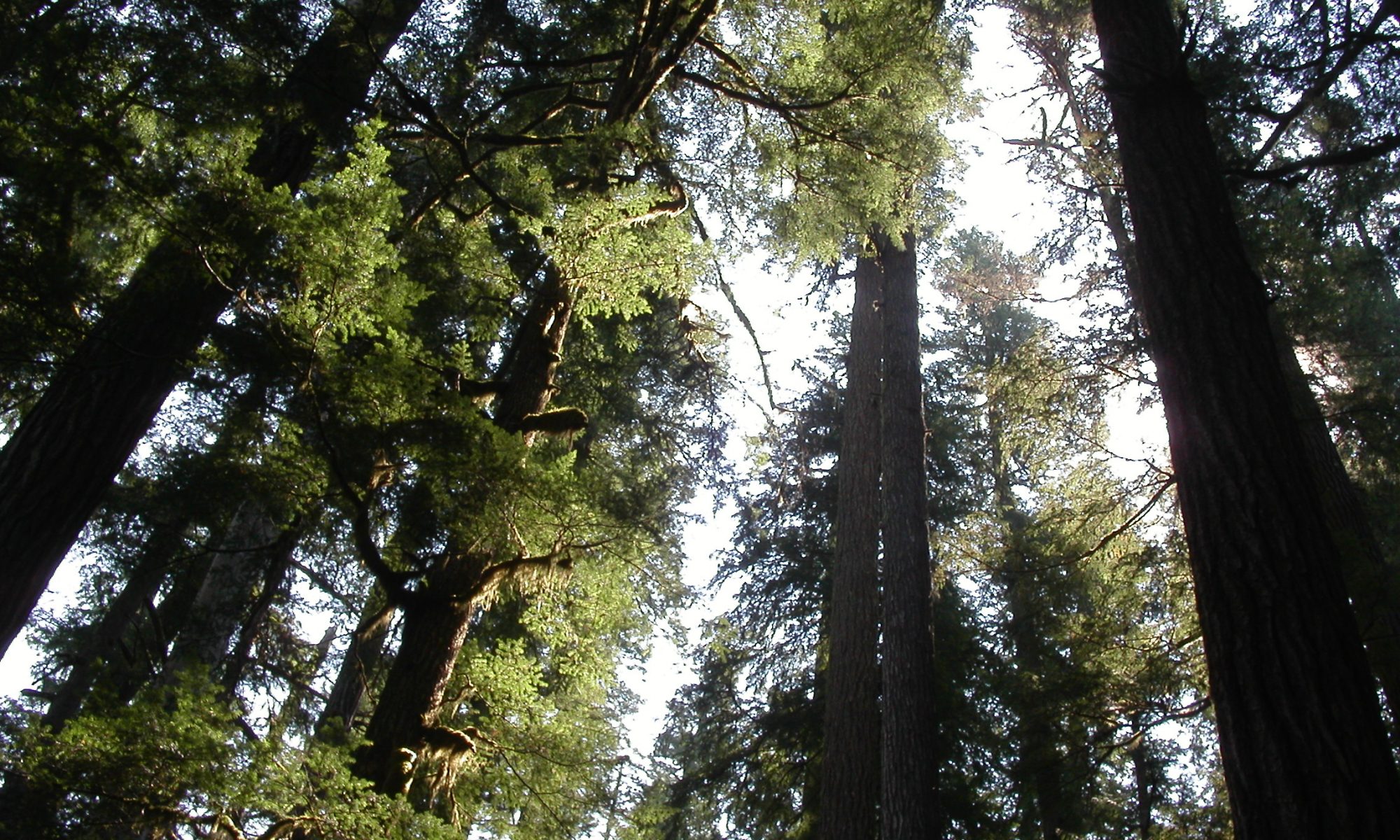UF Biology researchers, Postdoctoral Associate J. Aaron Hogan and Professor Jeremy Lichstein, published a new study on the response of US forests to climate change in Proceedings of the National Academy of Sciences. Each year, forests sequester about 25% of human carbon emissions, which slows the pace of climate change and sea-level rise. But the future of this ‘forest carbon sink’ is threatened by intensifying disturbances, including deforestation, drought, and wildfire. The new study shows that in the Eastern US, tree growth rates have increased over the last 20 years, contributing to increased forest carbon storage in this region. However, in the Western US, where climate warming and droughts have been more severe than in the East, trees have been growing slower, which – along with more extreme wildfires and outbreaks of tree-killing insects – is reducing forest carbon storage in the West. The study illustrates how climate change can push forests past a tipping point where they lose rather than gain carbon. This highlights the need for reductions in human greenhouse gas emissions. Without the emissions reductions that scientists have been urging for decades, forest carbon sinks will likely weaken, which will accelerate the pace of climate change.
Links to the UF press release and the full paper:
https://news.clas.ufl.edu/climate-change-threatens-global-forest-carbon-sequestration-study-finds/
